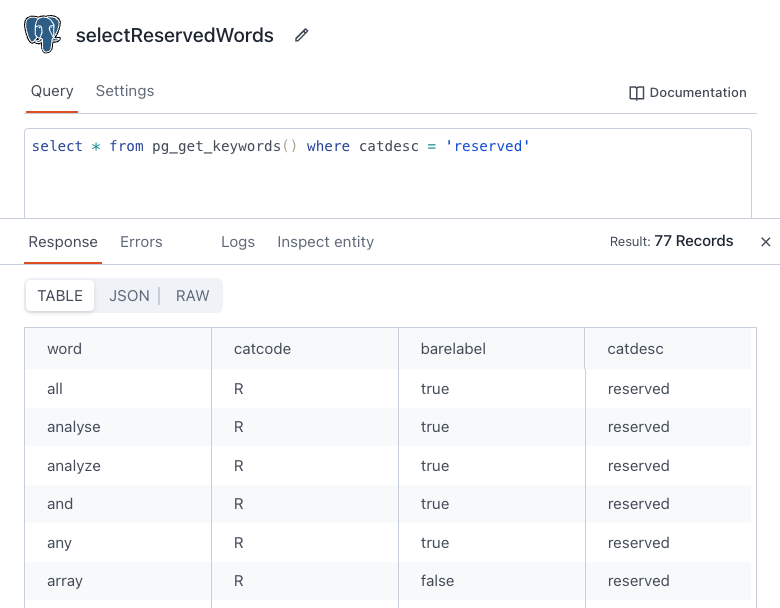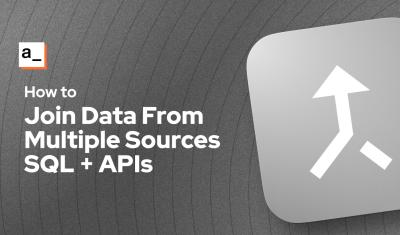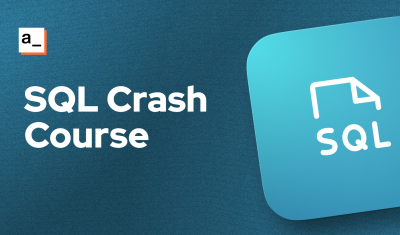SQL, or Structured Query Language, is a standardized programming language used for managing and manipulating data stored in relational databases. It relies on reserved words—keywords predefined by database systems to execute specific functions. Understanding these reserved words and their implications is crucial for developers working with SQL databases.
Definition and Purpose
Reserved words in SQL serve as command triggers or predefined elements with specific functionalities within the database system. For instance, words like SELECT, INSERT, UPDATE, and DELETE are reserved for their specific roles in SQL queries.
Variation Across Different DBMS
The set of reserved words can vary significantly across different database management systems (DBMS) such as PostgreSQL, MySQL, Oracle, and SQL Server. So it's important to be aware of the specific list of reserved words that apply to whatever database you choose to use.
One way to check the list of reserved words is by querying the database.
| Database Management System (DBMS) | Query to List Reserved Words |
|---|---|
| PostgreSQL | SELECT * FROM pg_get_keywords() WHERE catdesc = 'reserved'; |
| MySQL | SHOW RESERVED WORDS; |
| Oracle | SELECT KEYWORD FROM V$RESERVED_WORDS; |
| SQL Server | SELECT name FROM sys.keywords; |

Reserved Words in Table or Column Names?
You might be wondering, can you use reserved words in table or column names? Sure! There's nothing stopping you.
But should you use them?

- Using reserved words as table or column names can lead to confusion, syntax errors, and unexpected behaviors in SQL queries.
- Quotes become required to reference a table or column name if it's a reserved word, to avoid the DBMS seeing it as a command.
- Migrating the data to another DBMS becomes more difficult.
Migration Challenges
It's also important to consider future compatibility and portability when choosing table and column names. Even though a word may not be reserved in your DBMS, you may encounter challenges when migrating to a new type of database down the road. This is even more important in platforms like Google Sheets, where there's no restrictions on spaces or special characters in column names. As a best practice, you should avoid using reserved words even in Google Sheets, just in case you need to migrate to SQL later.
Conclusion
Understanding SQL reserved words and their implications is pivotal in database development and management. By adhering to best practices and being mindful of reserved words, developers can improve code quality, prevent errors, and ensure seamless database operations across diverse platforms.





